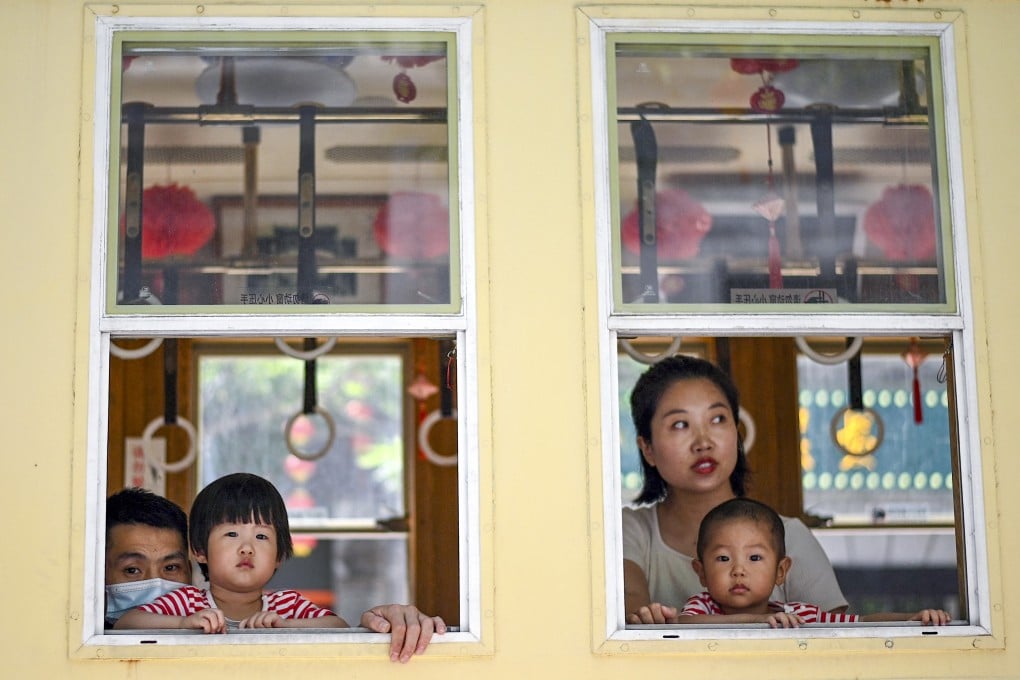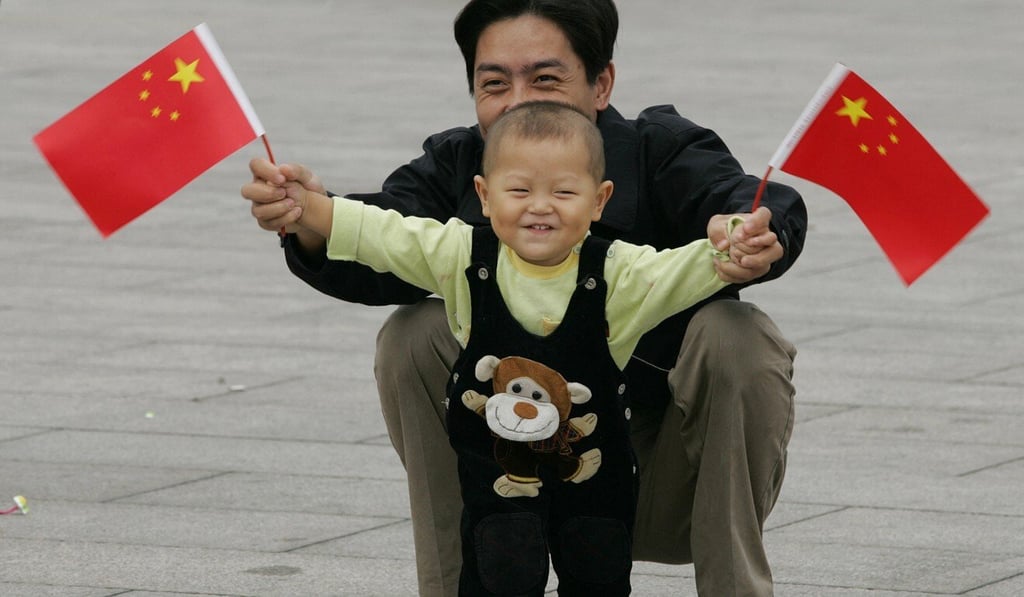Chinese parents hope three-child policy means having a baby boy, at last
- In rural parts of China, traditional beliefs in the benefits of a large family are still important
- Experts hope ‘another chance’ reduces sex-based abortions, adoptions or abandonments

For Wang Huaiying, the elders in her home village cared a lot about having a male heir. Families she grew up around would often have three or four children in the hope of getting a boy, even during the days of China’s one-child policy.

“It is a lie to say I don’t care about the baby’s sex … But our generation does not care as much as our parents, who still care about it very much. The younger generation does not think it is as important,” she said.
“I discussed the pregnancy with my family and we decided to keep it even if it was a girl,” she said.
Despite changing moods among the younger generations in China, the preference for boys is still firmly rooted among many communities and, for some families, the newly implemented three-child policy offers another opportunity to try for a boy.